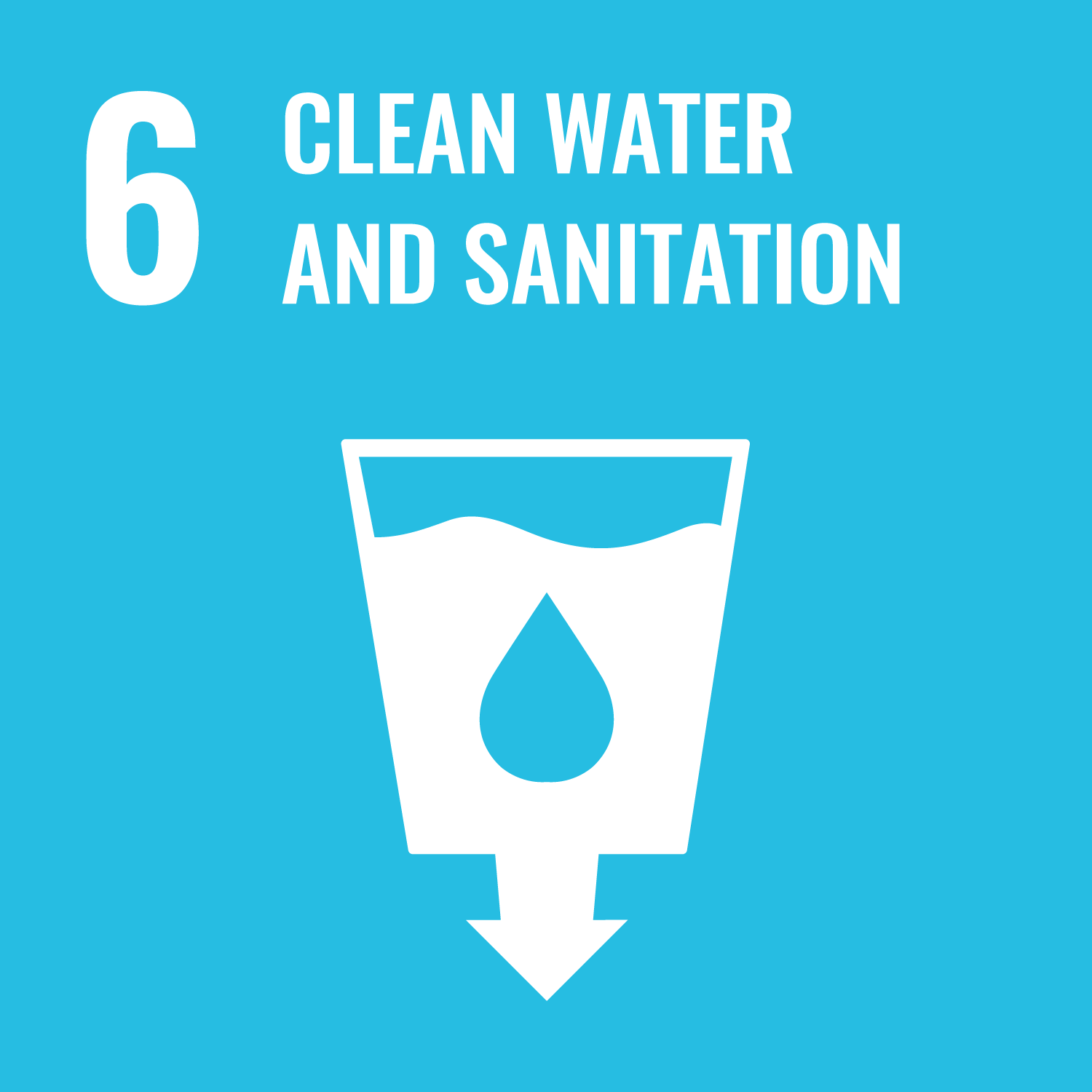This course provides students with the basic knowledge of major environmental problems, mechanism, technologies and measures
to cope with air pollution, water pollution, waste problems, climate change and so on. The course is aiming to acquire a basic
view for understanding complicated environmental problems and skills of the project management, and examining best mix of
policies and technologies in line with the concept of sustainable development.
To learn basic knowledge of major urban environmental problems and measures in line with the concept of sustainable development
- Students can explain the concept of sustainable development
- Students can explain major urban environmental problems and those measures
- Students can use fundamental skills of project management
| Class schedule | HW assignments (Including preparation and review of the class.) | Amount of Time Required | |
|---|---|---|---|
| 1. | Introduction - Overview of international discussion on sustainable development |
Reading the assigned materials | 190minutes |
| 2. | Air pollution control | Reading the assigned materials | 190minutes |
| 3. | Waste management (1) | Reading the assigned materials | 190minutes |
| 4. | Waste management (2) | Reading the assigned materials | 190minutes |
| 5. | Study tour to the environmental related facility [tbc] | Reading the assigned materials | 190minutes |
| 6. | Study tour to the environmental related facility (integrated with the 5th class) | Reading the assigned materials and submission of a report | 190minutes |
| 7. | Workshop on Sustainable Development Goals (SDGs) | Reading the assigned materials | 190minutes |
| 8. | Designing low-carbon society | Reading the assigned materials | 190minutes |
| 9. | Special lecture on urban environment management by guest speaker | Reading the assigned materials and submission of a report | 190minutes |
| 10. | Water pollution control (1) | Reading the assigned materials | 190minutes |
| 11. | Water pollution control (2) | Reading the assigned materials | 190minutes |
| 12. | Skills of project management (1) | Reading the assigned materials | 190minutes |
| 13. | Skills of project management (2) | Reading the assigned materials | 190minutes |
| 14. | Group presentation | Group work and prepare the final presentation | 250minutes |
| Total. | - | - | 2720minutes |
| Report | Presentation | Active Participation | Total. | |
|---|---|---|---|---|
| 1. | 25% | 10% | 35% | |
| 2. | 25% | 10% | 10% | 45% |
| 3. | 10% | 10% | 20% | |
| Total. | 50% | 20% | 30% | - |
Report 50%
Final presentation 20%
Active participation and contribution in class 30%
Final presentation 20%
Active participation and contribution in class 30%
It is preferable to bring a note PC with you.
Travel cost of the tour is made at students’ own expense.
Maximum enrollment is twenty. If the enrollment entry exceeds twenty, those who have higher score of TOEIC will be accepted. Priority will be given to the students in the International Program. Short term international students who have equivalent skill of English can take this class by the approval of instructor.
Travel cost of the tour is made at students’ own expense.
Maximum enrollment is twenty. If the enrollment entry exceeds twenty, those who have higher score of TOEIC will be accepted. Priority will be given to the students in the International Program. Short term international students who have equivalent skill of English can take this class by the approval of instructor.
- Course that cultivates an ability for utilizing knowledge
- Course that cultivates a basic problem-solving skills
- Course that cultivates a basic interpersonal skills
| Work experience | Work experience and relevance to the course content if applicable |
|---|---|
| Applicable | Based on the experience of administration of environmental policies and forming international aid projects for developing countries, basic knowledge on infrastructure, technologies and methods necessary for measures against environmental problems are provided. |








- 3.GOOD HEALTH AND WELL-BEING
- 6.CLEAN WATER AND SANITATION
- 7.AFFORDABLE AND CLEAN ENERGY
- 9.INDUSTRY, INNOVATION AND INFRASTRUCTURE
- 11.SUSTAINABLE CITIES AND COMMUNITIES
- 12.RESPONSIBLE CONSUMPTION & PRODUCTION
- 13.CLIMATE ACTION
- 17.PARTNERSHIPS FOR THE GOALS
Last modified : Fri Mar 18 22:32:25 JST 2022

